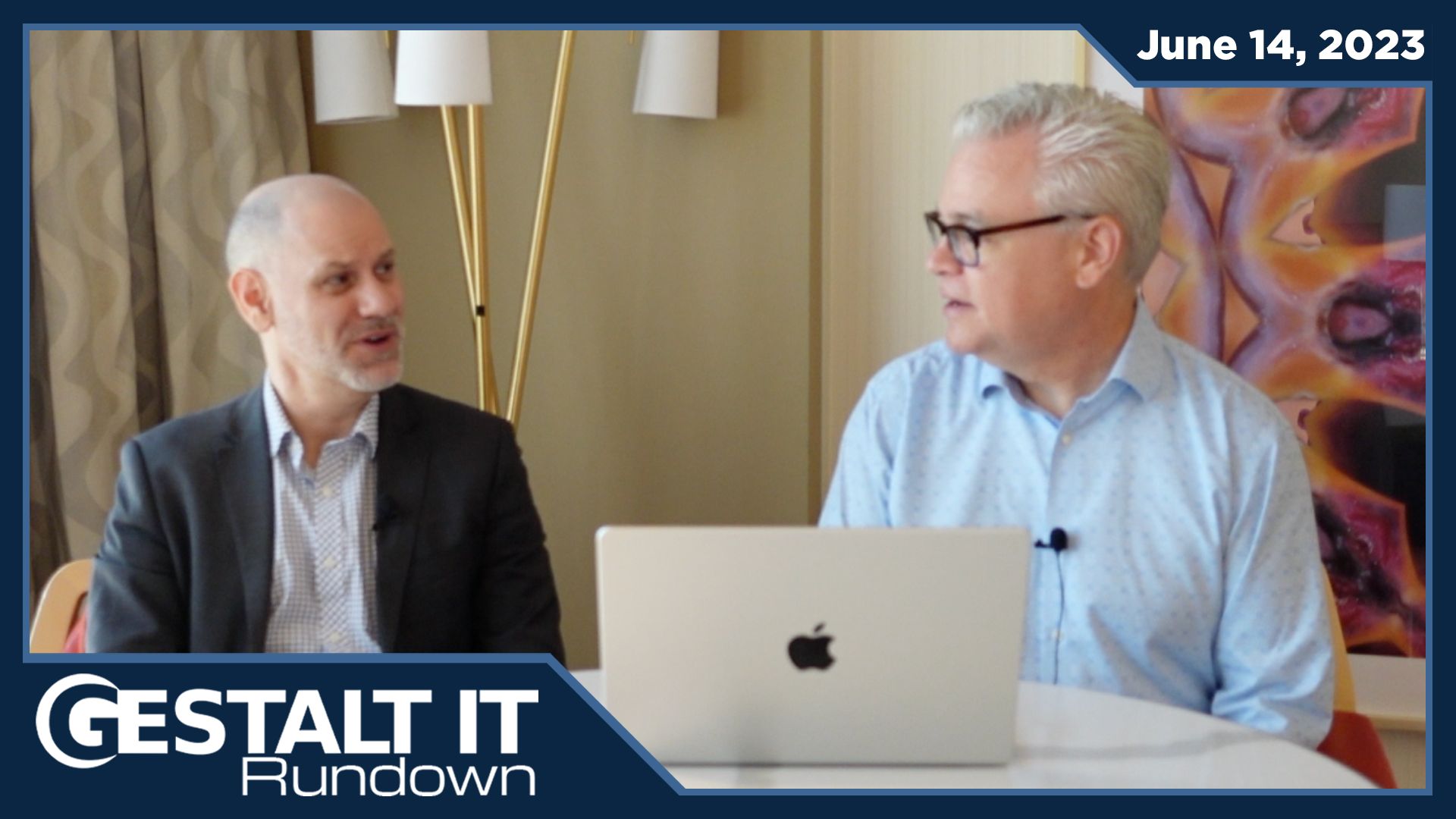Nvidia just released their Q4 earnings. The company definitely finished fiscal 2016 on a strong note. Overall the company saw hefty overall revenue growth on the year, up 55% to $2.17 billion. The vast majority of this came from their graphics card unit. Even though the overall PC market isn’t faring well, Nvidia grew revenue in it’s gaming division by 66%. However, this wasn’t their fastest growing division by a long shot.
Nvidia’s data center division made $296 million in revenue for the quarter. In the exorbitant world of technology, this might not seem all that notable as a raw figure. But compared to Q4 2015, its a 205% increase. This isn’t just a one-time blip either, in Q3 they saw year-on-year growth of 193%. If anything this is accelerating.
What’s driving the growth? Deep learning and AI. Their DGX-1 server is specially made for AI and machine learning applications. These are powered by their Telsa GPUs, which are specially optimized for deep learning. It’s proved to be a remarkably popular and capable so far. While these applications may appear a bit niche, they’re rapidly expanding across organizations. Anywhere a fast learning neural network could be utilized, Nvidia is seeing adoption, including automotive, financial, and healthcare verticals.
Based on their earnings, Nvidia seems to be firing on all cylinders. While it remains to be seen if they can continue aggressive growth in the sagging PC market, for now that’s a healthy growth and revenue sector. More importantly, they’re growing rapidly in high end data centers. How long can they keep this up? Well neural networks and AI aren’t going anyway, but as they become yesterday’s buzzwords and the market stabilizes, I wonder if Nvidia will be able to grow the division to offset a potential shrink of the consumer side. The market might get more crowded too, as AMD, Intel, and Qualcomm all look to be competitive in the space. So far, none of these have slowed them down.




